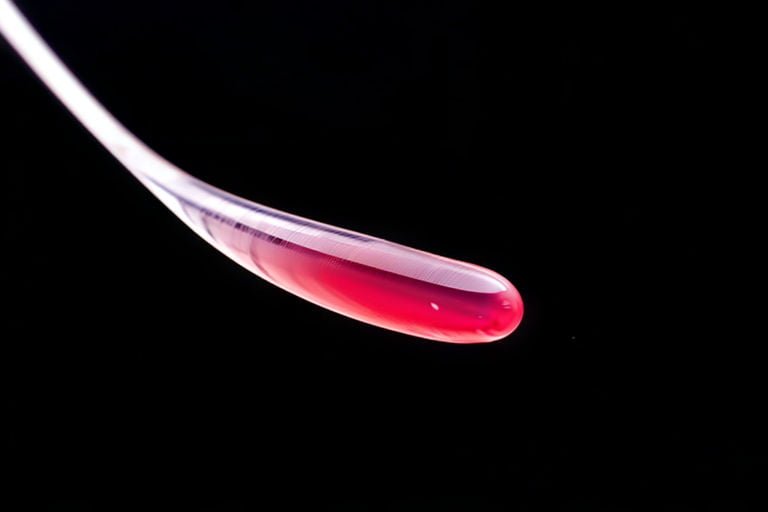Judas trees, with their cascading pink, purple, or white blooms, are a breathtaking sight that heralds the arrival of spring. These magnificent trees, known botanically as Cercis siliquastrum, can be grown both in gardens and in containers, adding a touch of elegance to any outdoor space.
Soil Selection:
Judas trees thrive in well-drained, sandy loam soils. Heavy clay soils should be avoided as they can lead to root rot. The soil pH should be neutral or slightly alkaline.
Pot Selection:
For container cultivation, choose a pot that is sufficiently large and deep to accommodate the tree’s root system. Ensure the pot has drainage holes to prevent waterlogging.
Light Requirements:
Judas trees are sun-loving plants and require at least 6 hours of direct sunlight per day. Insufficient light may hinder flowering.
Watering:
Judas trees are drought tolerant. During the nursery stage and dry summer months, water them 2-3 times a week. Allow the soil to dry between waterings. Overwatering can cause root rot.
Fertilization:
Fertilize the tree annually in spring using a balanced fertilizer. Follow the instructions on the fertilizer package for proper application.
Pruning:
Judas trees do not require regular pruning. Simply remove dead or diseased branches. Pruning can be done in spring or fall.
Pests and Diseases:
Judas trees are relatively resistant to pests and diseases. However, they may be susceptible to fungal diseases and aphids. If these issues arise, appropriate treatment should be applied.
Tips:
- Judas trees can be grown from seed or seedlings.
- Growing from seed takes longer, and the tree may take 5-7 years to bloom.
- When purchasing a seedling, choose a healthy and vigorous one.
- Judas trees are cold hardy and can withstand temperatures down to -25°C (-13°F).
- Besides their ornamental value, Judas trees are also valued for their timber, which is strong and durable.
Benefits of Judas Trees:
- Beyond their captivating beauty, Judas trees offer a multitude of benefits.
- Their flowers and leaves have medicinal properties.
- Their wood is sturdy and long-lasting.
- They provide shade and a cooling effect.
- They help reduce air pollution.
Judas trees are a remarkable addition to any garden or balcony, enchanting with their beauty and offering a wealth of benefits.









